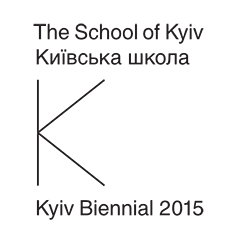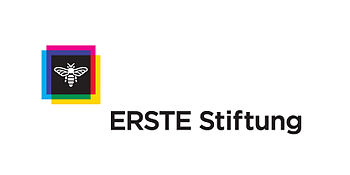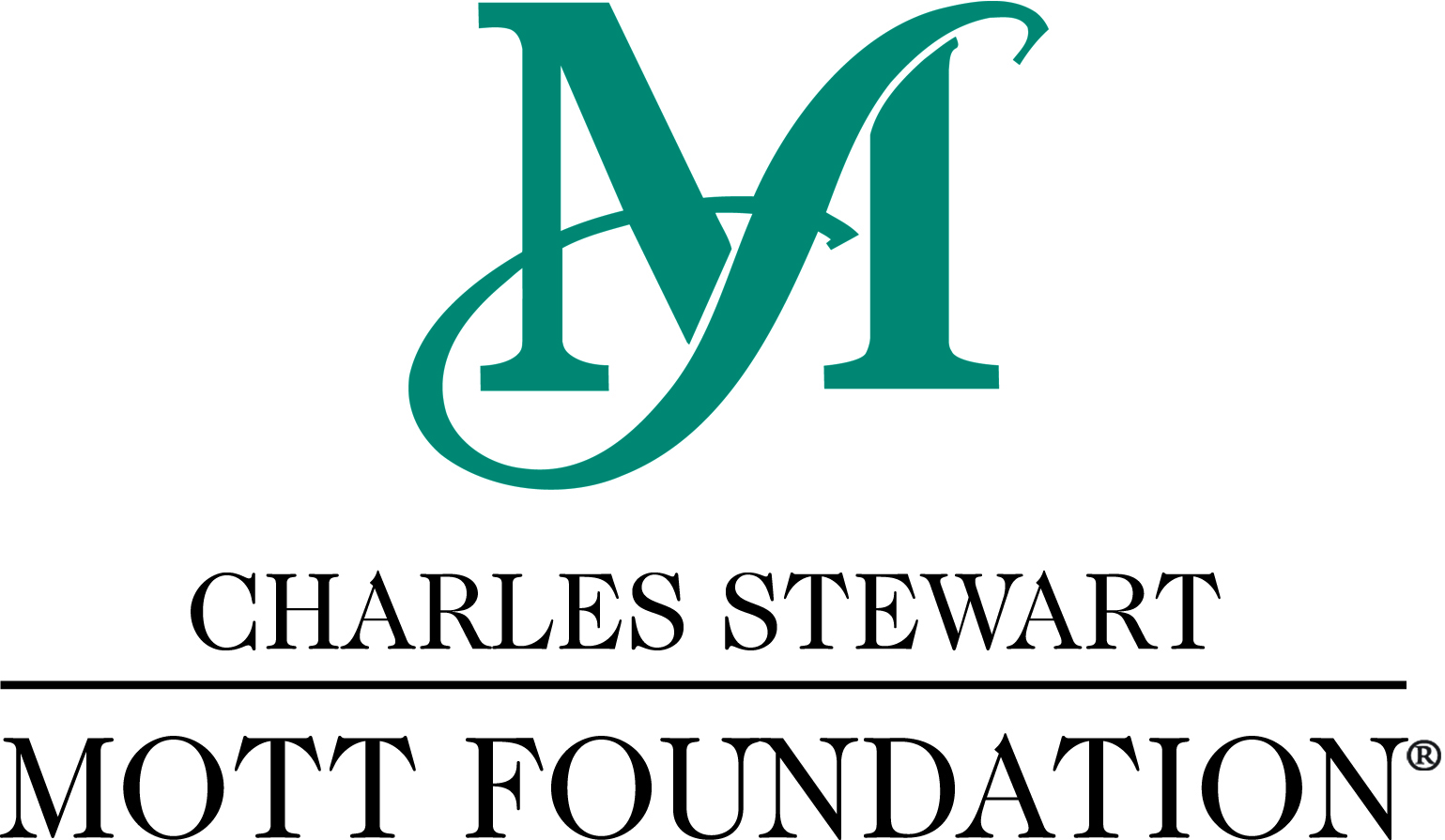The opening of The Kyiv International – Kyiv Biennial 2017
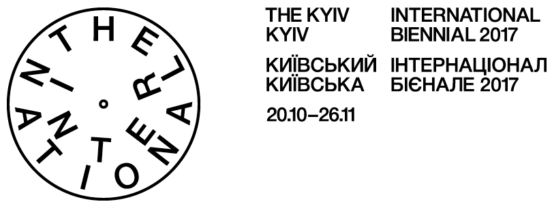
The opening of The Kyiv International – Kyiv Biennial 2017 will take place during three days and will include the opening of “The Festivities Are Cancelled!” exhibition and lecture performance by Philip Rizk on Friday, October 20, the opening of the “Dead Souls” exhibition on Saturday, October 21, the screening of the film “Ceremony” by Phil Collins, and a live performance by Pharmakon on Sunday, October 22.
The Kyiv International – Kyiv Biennial 2017 will start on the 20th of October at 19:00 with the opening of the exhibition “The Festivities Are Cancelled!” at the Biennial’s main site, Institute of Scientific, Technical and Economic Information (“UFO”, 180 Antonovycha St., metro Lybidska) along with the lecture performance “TO GO VISITING – an agitka by Philip Rizk” (Egypt) at 20:00 at the same location.
The exhibition “The Festivities are Cancelled!” is dedicated to the memory of revolution and the phenomenon of censorship. This exhibition is necessitated not so much by the centennial of the revolutionary events of 1917 – as by the relevance of a conversation about revolutionary impulses, the writing of history, and the formation of collective memory. Among a wide spectrum of phenomena related to revolution and the formation of memory, the Hudrada curatorial group will focus on the topic of censorship.
Soviet censorship – authoritarian, restrictive and deadly – took the place of revolutionary ideas, using as cover the mission to protect against counterrevolution. Its expansion to all areas of public life meant an end to paradoxical foresight and attempts to freely design a new society. A democratic revolution allows for the most diverse, and sometimes contradictory, ideas and interpretations of the past and present to enter the public space. Its expansion to all areas of public life has meant an end to paradoxical foresight, and attempts to freely design a new society. Censorship – street-level, grassroots and state-sponsored – destroys the public space, making discussion pointless. After all, its goal is not only to eliminate undesirable opinions, but to embed self-censorship as a pre-emptive practice.
Exhibition Participants: Emanuel Almborg (Sweden), Yana Bachynska, Babi Badalov (France), Yevgenia Belorusets, Nikita Kadan, Zhanna Kadyrova, Volodymyr Kuznetsov, Lesia Khomenko, Pavel Khailo, Vasyl Lozynski, Larion Lozovoy, Yuri Leiderman, Lada Nakonechna, Deimantas Narkevičius (Lithuania), Vlada Ralko, Oleksandr Ranchukov, Р.Е.П. group, Andriy Sagaydakovsky, Sergey Shabokhin (Belarus), Olia Sosnovskaya, Alexander Ugay (Kazakhstan), Leonid Voytsehov, Yana Volkova, (Belarus), Elena Vogman (Germany), Clemens von Wedemeyer (Germany), Anna Zvyagintseva.
The second part of “The Festivities Are Cancelled!” exhibition will open on October 25 at the Pavlo Tychyna Literary-Memorial Museum-Apartment.
The exhibition will last October 25–November 26. Hours: Tuesday – Sunday, 12:00 – 20:00. Monday – closed.
On Friday, at 20:00 the lecture performance “TO GO VISITING – an agitka by Philip Rizk” will take place at the “UFO.” Philip Rizk (Egypt) will present his text in the form of diary of the fictional character Aleksandra Berkman (her prototype is a Russian anarchist – Alexandr Berkman, 1870 – 1936) for the first time in Ukraine, the location of some of the historical events it references. In the summer of 2017, Philip Rizk undertook a journey following in the footsteps of Berkman’s fictional travel route along the former Berlin-Baghdad railway line to the Turkish-Syrian border, in the process continuing Berkman’s travelogue.
On Saturday, October 21, at 19:00 the exhibition “Dead Souls” by Marina Naprushkina (Germany) and Oliver Ressler (Austria) will open at Visual Culture Research Center (44 Hlybochytska St., trams #14, #18 from metro Kontraktova Ploshcha).
In the exhibit “Dead Souls” Marina Naprushkina presents a wall painting depicting the enlargement of the borders of the EU as well as key provisions within EU asylum and migration policy. The European Union has been awarded the Nobel Peace Prize for six decades of successful reconciliation policy. But what kind of peace is the EU brokering? The EU’s failed asylum policy often leads to serious economic and social inequalities. Winning over the marketplace in refugees’ countries of origin takes precedence over the free movement of persons. The borders are so sealed, in fact, that asylum seekers are oftentimes hardly able to reach “the safe shore.”
Oliver Ressler focuses on struggles to obtain citizenship while, at the same time, questioning the implicitly exclusionary nature of the concept. “The Right of Passage” film (2013) is partially constructed through a series of interviews with Ariella Azoulay, Antonio Negri and Sandro Mezzadra. The title of the film refers to the stages, or “rites of passage” that mark important transitions on the path to selfhood. The exchange of “rites” with “rights” suggests that freedom of movement must become a right granted to every person – regardless of his or her place of birth. In his “Occupy, Resist, Produce” (2014) film series Ressler investigates the rare cases of occupied factories, which have become a means of workers’ struggle against the closure of a production site or company, or the relocation of production to another country.
The exhibition will last until November 26. Working hours: Tuesday – Sunday, 12:00 – 20:00. Monday – closed.
On Sunday, October 22, at 16:00 the screening and discussion of the film “Ceremony” (2017) by Phil Collins (Germany) will take place at Institute of Scientific, Technical and Economic Information, “UFO.”
In July 2017, the almost 4-meter-high Soviet statue of Friedrich Engels was removed from public view in Maryanivka village (Poltava region) as part of the process of decommunization. Phil Collins, a director and playwright, initiated the relocation of the monument to Manchester and its permanent installation in the city where Friedrich Engels had lived for over 20 years. During the Manchester international festival the crowded opening of the Engels monument took place. The “Ceremony” film by Phil Collins depicts the opening and relocation of the statue to Great Britain.
Admission to the exhibitions and screening is free.
On Sunday, October 22, at 21:00 the live performance by Pharmakon (USA), rising stars in the contemporary experimental music scene, will take place at the Institute of Scientific, Technical, and Economic Information (“UFO”) concert hall – a late modernist masterpiece, built to synthesize acoustic and visual perception in the arts. Admission by ticket.
Organized by Visual Culture Research Center (Kyiv, Ukraine).
Emblem and Biennial Design: Experimental Jetset (Amsterdam, the Netherlands).
Institutional Partners: Avtonomi Akadimia (Athens, Greece), BURSA GALLERY (Kyiv, Ukraine), Columbia Global Centers | Paris (France), DAAD Artists-in-Berlin Program (Berlin, Germany), De Balie (Amsterdam, the Netherlands), Depo (Istanbul, Turkey), Depot (Vienna, Austria), documenta 14 (Athens/Kassel, Greece/Germany), European Alternatives (Paris, France), Forum Transregionale Studien (Berlin, Germany), Hromadske TV (Kyiv, Ukraine), Institute for Human Sciences (Vienna, Austria), Medusa Books (Kyiv, Ukraine), National Oleksandr Dovzhenko Center (Kyiv, Ukraine), Political Critique (Warsaw, Poland), Shedhalle (Zurich, Switzerland), Studio 14 (Athens, Greece), Transeuropa Festival 2017 (Madrid, Spain), tranzit.cz (Prague, Czech Republic).
Partners: British Council / Delegation of the European Union to Ukraine, Charles Stewart Mott Foundation, ERSTE Foundation, European Cultural Foundation, International Renaissance Foundation, Robert Bosch Foundation.
The Kyiv International – Kyiv Biennial 2017

Visual Culture Research Center announces the new edition of the Kyiv Biennial – The Kyiv International 2017 that will take place October 20 – November 26, 2017.
The Kyiv International – Kyiv Biennial 2017 project aims to explore and reveal the emancipatory potential of the idea of the political International, which emerged in Europe. Today, in the age of structural crisis of global institutions — when the maintenance of a transnational status quo is constructed from violated borders, peripheral wars, and the emergence of new walls and conflicts — the idea of cross-border unity and international solidarity is of utmost urgency for the future survival of Europe.
Ukraine and the countries of the European Union share a great number of challenges and threats today. Ukraine has recently weathered several powerful new experiences: enthusiasm and disappointment at the Maidan revolution, the shock of war, ongoing infractions to established territorial parameters and protection mechanisms, and the mass displacement of people, whilst the EU has experienced increasing flows of refugees, the shrinking of its territory after Brexit, and the rise of far-right populism, becoming a battlefield for new forms of terrorism. The absence of ready-made patterns for dealing with these experiences, discontent with preexisting structures, along with a strong desire and urgent need for change, provide a conduit for an intense intellectual and creative search for the new.
We are confronted with the most pressing questions of our time by the ongoing war conflicts in Eastern Europe and the Middle East: how to maintain safe, sustainable, free societies when both the state and international mechanisms to do so are currently proving ineffective? What forms could a new and efficient international solidarity take? What kinds of sensibilities, conceptual structures, and pathways for thinking and imagining should we develop? What might the basis for the new International become, and who are its subjects?
The Kyiv International − Kyiv Biennial 2017 will take place in the format of an international forum for art and knowledge, integrating art projects with a number of institutional collaborations to create agoras for debate. Lectures, panel discussions, seminars, and workshops led by well-known historians, philosophers, economists, and practitioners in the cultural sector will converge upon artistic and intellectual pursuits for critical answers to common concerns, while a number of exhibitions will lend an alternative optics to urgent contemporary issues through the medium of the visual arts. A program of free thematic public events will also address the political, social, economic, and historical circumstances in today’s Ukraine and Europe, as well as on a global scale.
The Kyiv International − Kyiv Biennial 2017 will explore different historical forms and contemporary examples of Internationals that took place in the arts, culture, and educational spheres by investigating their methodological and communicative approaches together with their ability to imagine and create new political formats. Major emphasis will be put on the aesthetic and political relevance of modernism today, which carries a high degree of latent potential for thinking and inventing alternative societal projects critically needed worldwide at this moment. Originating in Europe, modernism spread around the globe throughout the 20th century, demonstrating the capability of being local and global at the same time, while still preserving its national particularities, along with the development of its international universality. As an unfinished project open to the future, the modernist heritage within contemporary cultural and political practices can indicate a possible exit strategy from the political deadlock of economic crisis, nationalist populisms, and war.
The Kyiv International − Kyiv Biennial 2017 is meant to function as a translation machine in a political sense – a vehicle by which to transmit local social practices and political experiences internationally, thereby constructing common tools to work with and build upon. An international political language that can define our new lexicon, map the affects that drive us, and let us express ourselves relevantly while constituting our shared points of interest, remains one of the key issues at stake today. Common European space requires a common European vocabulary to provide a basis and a platform for understanding our varied experiences, and to reflect upon possible solutions to our political problems, without hiding social reality. The Kyiv International biennial, as a laboratory of political translation, contributes in this manner to the development of a newly emerging collective subjectivity grounded in democratic internationalism.
Developing out of the structures and institutional strategies of The School of Kyiv − Kyiv Biennial 2015, The Kyiv International 2017 aims to establish collaborations between civil society organizations, cultural centers, art institutions, and academia on an international basis. Realizing the biennial format as a multi-institutional political framework on an international scale, The Kyiv International − Kyiv Biennial 2017 will model an institutional International, creating sustainable networks for collaboration and a space for solidarity and support that is sorely missing in the field of politics today.
Locations:
Main Site: Institute of Scientific, Technical and Economic Information (“UFO”, 180 Antonovycha St., metro Lybidska).
Visual Culture Research Center (44 Hlybochytska St., trams #14, #18 from metro Kontraktova Ploshcha).
Zhytniy Market (16 Verkhniy Val St., metro Kontraktova Ploshcha).
BURSA GALLERY (11-B Kostyantynivska St., metro Kontraktova Ploshcha).
Pavlo Tychyna Literary-Memorial Museum-Apartment (5 Tereshchenkivska St., ap. 1, 3, metro Teatralna).
Artists’ Studios at 33 Soshenko (33 Soshenko St., trolley bus #18 from metro Maidan Nezalezhnosti).
Organized by Visual Culture Research Center (Kyiv, Ukraine).
Emblem and biennial design: Experimental Jetset (Amsterdam, the Netherlands).
Institutional Partners: Avtonomi Akadimia (Athens, Greece), BURSA GALLERY (Kyiv, Ukraine), Columbia Global Centers | Paris (France), DAAD Artists-in-Berlin Program (Berlin, Germany), De Balie (Amsterdam, the Netherlands), Depo (Istanbul, Turkey), Depot (Vienna, Austria), documenta 14 (Athens/Kassel, Greece/Germany), European Alternatives (Paris, France), Forum Transregionale Studien (Berlin, Germany), Hromadske TV (Kyiv, Ukraine), Institute for Human Sciences (Vienna, Austria), Medusa Books (Kyiv, Ukraine), National Oleksandr Dovzhenko Center (Kyiv, Ukraine), Political Critique (Warsaw, Poland), Shedhalle (Zurich, Switzerland), Studio 14 (Athens, Greece), Transeuropa Festival 2017 (Madrid, Spain), tranzit.cz (Prague, Czech Republic).
Partners: British Council / Delegation of the European Union to Ukraine, Charles Stewart Mott Foundation, ERSTE Foundation, European Cultural Foundation, International Renaissance Foundation, Robert Bosch Foundation.
Taras Fedirko. Transparency: The Cybernetic Utopia of Anti-Corruption
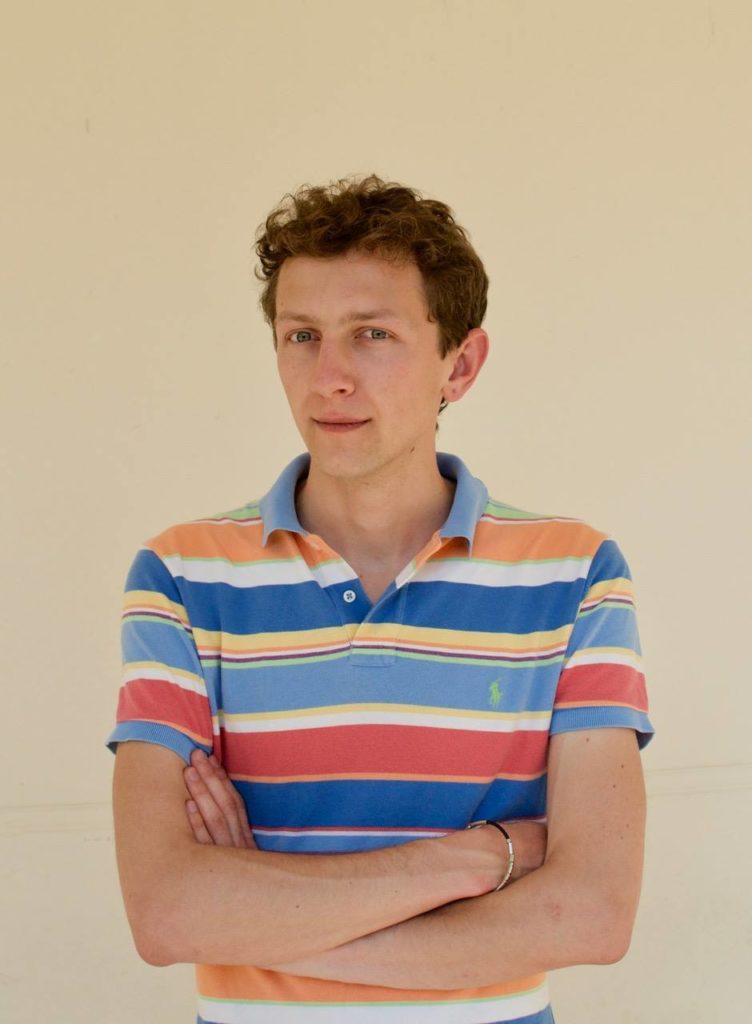 П’ятниця, 29 вересня, 19:00
П’ятниця, 29 вересня, 19:00
Friday, 29 September 2017, 19:00
The lecture by Taras Fedirko will take place within the framework of Gray Cube exhibition.
Since the beginning of the 1990s, a struggle with corruption has become part of the numerous programs of international development, subject of global civil society campaigns, as well as the condition for international assistance. According to the anthropologist Steven Sampson, the whole “industry of anti-corruption” has grown since that time, and its “warriors of virtue” have chosen transparency as their main weapon. Why? How exactly do anti-corruption activists, officials, international organizations’ employees and donors recognize corruption, built strategies of fighting it, and why do they treat transparency as a key to political and economic development? To put it differently, it is important to understand how corruption and transparency are turning into “global abstractions” in the context of particular organizations’ operations.
In his lecture, Taras Fedirko will explore the establishment and development of the Extractive Industries Transparency Initiative, the history of which will help to understand the role of global abstractions in the emergence of the international anti-corruption industry. The analysis of this case will help to develop a critique of anti-corruption knowledge – concepts and theories of political corruption mechanisms and transformative potential of transparency that have become the basis for turning the abovementioned Initiative into the global model of anti-corruption policy, applied in 50 countries, including Ukraine.
Taras Fedirko is a political anthropologist, a fellow researcher at the Social Anthropology Department at the University of Cambridge. He did his ethnographic research in one of the British government departments and among anti-corruption civil organizations in London. At the moment, Fedirko is working on the book about the transformation of governmental structures and practices in Great Britain under the influence of international anti-corruption organizations’ and corporations’ lobby. In Kyiv, he is working on his next research on the practices and concepts of free speech in Ukrainian journalism.
Exhibition Gray Cube focuses on the phenomenon of corruption, which is usually associated with political or sociological issues and has artistic potential. Paraphrasing, obscuring, allusions, creating secret sign systems – these forms of corrupt behavior can be perceived as artistic techniques that add fiction to the present, transforming the everyday into an absurd adventure. Placing themselves within a gray democracy and gray economy, artists examine the way the logic of corruption interweaves the social fabric. They make its anthropological, historical and aesthetic dimensions visible.
Curated by Kateryna Mishchenko
Participants: Oleksandr Burlaka, Leon Kahane, Dana Kosmina, Stanislav Menzelevsky, Anna Onufrienko, Ghenadie Popescu, Oleksiy Radynski, Hito Steyerl, Oleksandr Teliuk.
Exhibition display by Dana Kosmina
Open hours: Tuesday–Sunday, 14:00–20:00. Monday – closed.
Admission is free
Exhibition takes place within the “Bestehend” project which is a collaboration between Goethe-Institut Ukraine and Federal Agency for Civic Education and is supported by the Federal Foreign Office
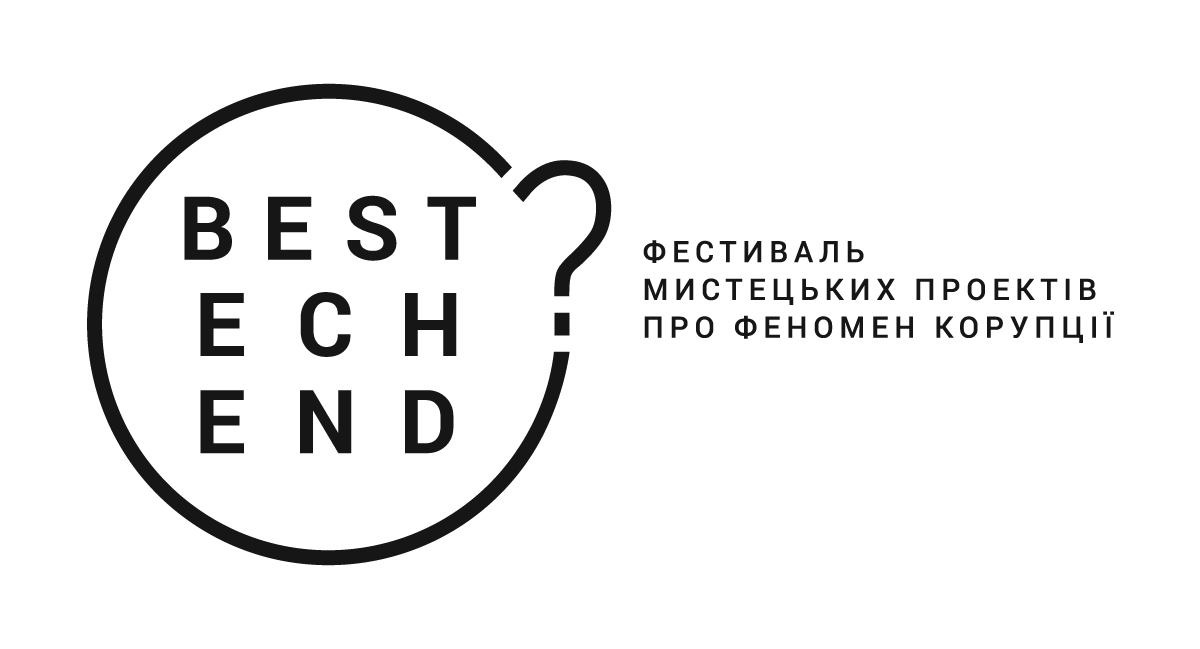


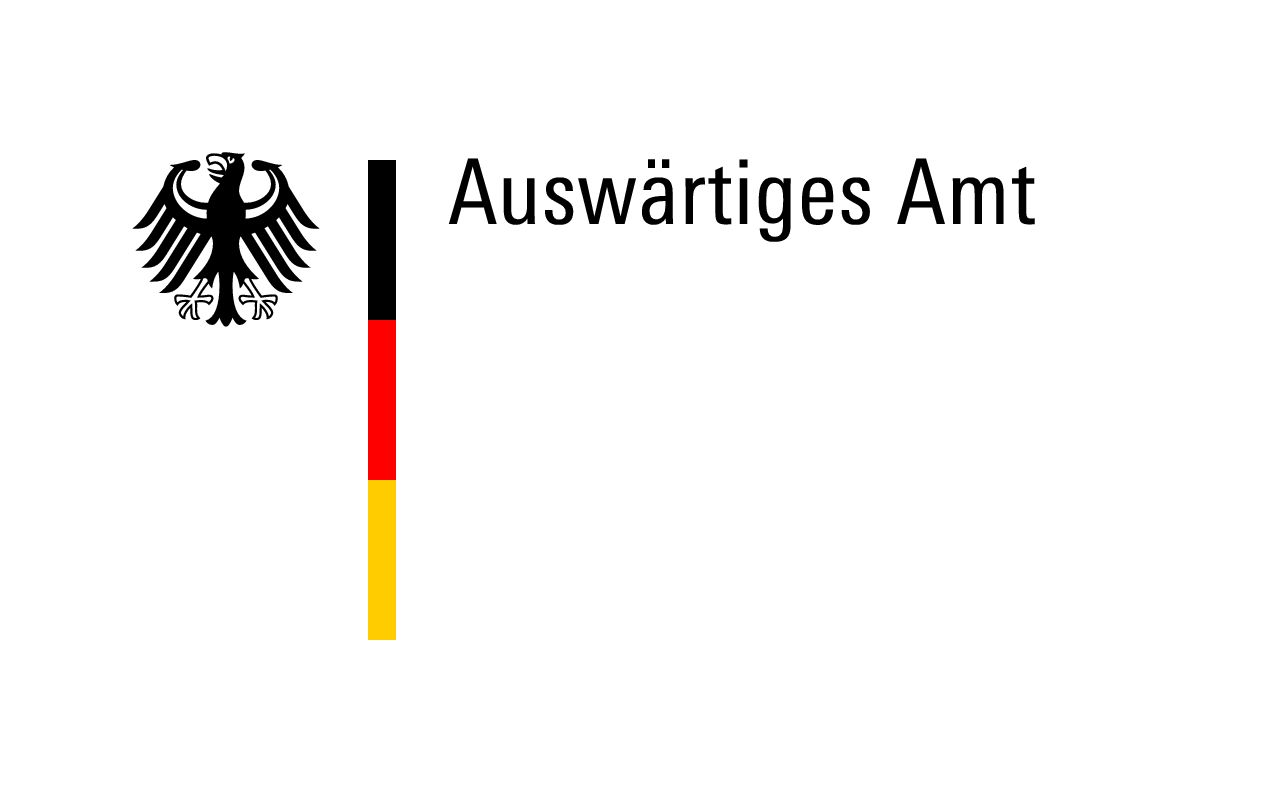
Supported by ERSTE Stiftung and Charles Stewart Mott Foundation
Media partner — Hromadske.UA
![]()
Lectures and discussion within the framework of GRAY CUBE exhibition
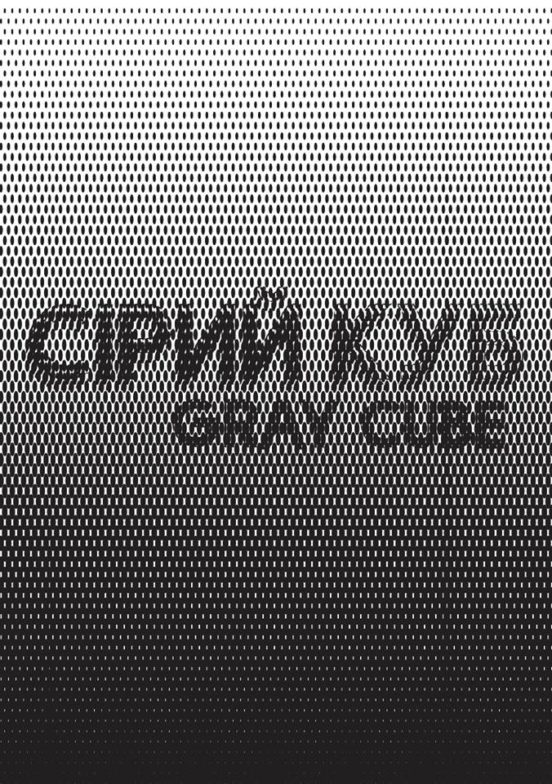
23 September, 19:00. Oleksandr Morozov. Cut & Kickback. Corruption in the Rhetoric of the Officials and Civil Movements in Post-Soviet Countries.
In personalistic regimes, as well as in “weak democracy” regimes, struggling with corruption turns into a never-ending and notorious policy. Opposition and government compete in the development of anti-corruption campaigns. This contest expresses itself in the language and three discourses emerge: disciplinary – on the part of the power, moralistic – on the part of the society, and institutional – on the part of the opposition which rests on the language of “normative democracy.” At the same time, corruptive practices have their own language of allusions and euphemisms. How do these languages coexist in the society? The lecturer will present five remarks on the “philology of corruption and anti-corruption.”
Oleksandr Morozov is a political analyst, a teacher at the Ruhr-University Bochum, Germany (2014–15), contributor to Deutsche Welle (2015–16), co-organizer of the Centre for Russian Studies at the Charles University, Prague, Czech Republic.
24 September, 17:00. Zakhar Popovych. From the Soviet Informal Economy to Today’s Systematic Corruption.
The lecturer will answer such questions: Why did the restoration of capitalism in the USSR and the People’s Republic of China follow such different trajectories? What was so specific about the business of the Soviet gray bourgeoisie? How and when did the Ukrainian offshore business model and systemic corruption begin to emerge? Should we focus mainly on corruption, or, more generally, on a socio-economic system which includes the tax liberation of big business, unlimited withdrawal of capital, and effective system of countering foreign investments in Ukraine?
Zakhar Popovych is a Ph.D. in Economics, deputy director of the Center for Social and Labor Research (Kyiv), researcher of the Soviet bureaucracy.
24 September, 18:00. Lecture by Yuliia Yurchenko Corruption and Law in Post-Soviet Ukraine followed by a discussion.
Corruption in Ukraine expresses itself in various forms: it is a mechanism for capital accumulation, a form of economic protectionism, and an integral part of neo-liberalism. In the 1990s, informal relations and transactions were vitally important. They arose from the existing relations between the state administrative apparatus, the rudiments of the capitalist class and the security agencies, and eventually turned into legalized forms – such as non-payment and tax evasion, systemic nepotism in privatization processes, etc. The lecturer will question corruption as a phenomenon and as a concept, as well as explain the connection between corruption and neo-liberal reforms in the Ukrainian context.
Yuliia Yurchenko is a Ph. D. in Political Economy, a researcher at Greenwich University, UK. She specializes in the political economy of Ukraine in the post-Soviet period, regulation of international trade, international lobbying, capital accumulation and EU renewable energy policies.
Exhibition Gray Cube focuses on the phenomenon of corruption, which is usually associated with political or sociological issues and has artistic potential. Paraphrasing, obscuring, allusions, creating secret sign systems – these forms of corrupt behavior can be perceived as artistic techniques that add fiction to the present, transforming the everyday into an absurd adventure. Placing themselves within a gray democracy and gray economy, artists examine the way the logic of corruption interweaves the social fabric. They make its anthropological, historical and aesthetic dimensions visible.
Curator – Kateryna Mishchenko
Participants: Oleksandr Burlaka, Leon Kahane, Dana Kosmina, Stanislav Menzelevsky, Anna Onufrienko, Ghenadie Popescu, Oleksiy Radynski, Hito Steyerl, Oleksandr Teliuk.
Exhibition display by Dana Kosmina
Open hours: Tuesday–Sunday, 14:00–20:00. Monday – closed.
Admission is free
Exhibition takes place within the “Bestehend” project which is a collaboration between Goethe-Institut Ukraine and Federal Agency for Civic Education and is supported by the Federal Foreign Office




Supported by ERSTE Stiftung and Charles Stewart Mott Foundation
Media partner — Hromadske.UA
![]()
Nomadic School for Visual Education, an educational program on contemporary art for pupils
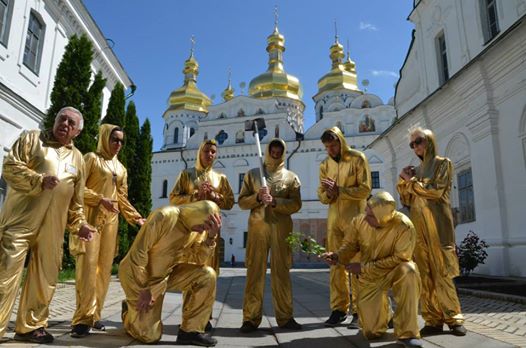
Paweł Althamer. Common Task (Kyiv, 2015)
18 September – 10 December 2017
Visual Culture Research Center launches the Nomadic School for Visual Education – educational program on contemporary art for pupils.
On September 18, 2017, the first experimental course on contemporary art for 7th-grade pupils started in Mariupol at the Secondary School-Lyceum of Information Technologies # 69. During the course, the nine contemporary Ukrainian artists will familiarize pupils with the strategies and problematic of contemporary art, as well as teach to analyze artworks and visual images.
Within the program, the pupils will acquire the skills of understanding the visual image and artistic expression. At the lessons, pupils will learn who Marcel Duchamp and Joseph Beuys are, what installation, performance, social sculpture, and ready-made are, as well as why the mistakes can be more valuable than the right answers. Practical classes with the artists, development and creation of common projects in different artistic media will be part of the program, too.
Understanding of art always requires going beyond the limits of the established mental structures. That is why efforts aimed at the image perception facilitate the development of social skills – openness to a different viewpoint, willingness to overcome your own stereotypes and prejudice, and critical thinking. Through the interaction with artists, pupils will learn to understand art as a means of communication and mutual understanding, as a tool for self-reflection and comprehension of the surrounding reality, as well as the possibility of its transformation.
Among the teachers: Zhanna Kadyrova, Alevtyna Kakhidze, Borys Kashapov, Oksana Kazmina, Lesia Khomenko, Maria Kulikovska, Sasha Protiah, Yevhen Samborskyi, and Maria Vorotilina.
Curator – Lesia Kulchynska
Coordinator – Ruslana Koziienko
Organizer – Visual Culture Research Center, Kyiv
Partner – Platform “Тю!”, Mariupol
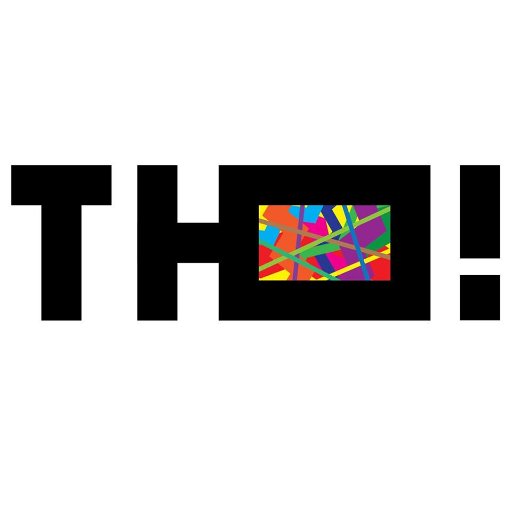
The project is supported by International Rennaissance Foundation within the Cultural Diplomacy for Dialogue contest:
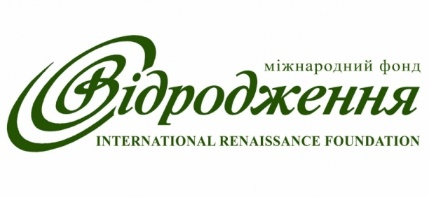
Supported by ERSTE Stiftung and Charles Stewart Mott Foundation
Exhibition GRAY CUBE. Art on corruption

8 September–8 October 2017
Exhibition
GRAY CUBE
Art on corruption
Opening on Friday, September 8, at 19:00.
The phenomenon of corruption, which is usually associated with political or sociological issues, has artistic potential. Paraphrasing, obscuring, allusions, creating secret sign systems – these forms of corrupt behavior can be perceived as artistic techniques that add fiction to the present, transforming the every day into an absurd adventure. Placing themselves within a gray democracy and gray economy, artists examine the way the logic of corruption interweaves the social fabric. They make its anthropological, historical and aesthetic dimensions visible.
Gray Cube, the result of the transformation of the gallery’s “white cube”, represents, among other things, an artistic focus on gray zones of the post-soviet context, often defined by corruption and lack of transparency. However, this characterization itself becomes a subject of critical consideration. At the same time, in the Gray Cube corruption is regarded as a structural part of contemporary economies.
A series of public events on the economic history of Ukraine, as well as on the cultural analysis of anti-corruption policies and rhetoric in post-Soviet countries, will take place within the framework of the exhibition.
Gray Cube will also open in Mariupol (Platform “ТЮ!”, 16 September), Kharkiv (Kharkiv School of Architecture, 6 October), and Chisinau (Bunker Gallery, 17 October).
Curator – Kateryna Mishchenko
Participants: Oleksandr Burlaka, Leon Kahane, Dana Kosmina, Stanislav Menzelevsky, Anna Onufrienko, Ghenadie Popescu, Oleksiy Radynski, Hito Steyerl, Oleksandr Teliuk.
Exhibition display by Dana Kosmina
Open hours: Tuesday–Sunday, 14:00–20:00. Monday – closed.
Admission is free
Exhibition takes place within the “Bestehend” project which is a collaboration between Goethe-Institut Ukraine and Federal Agency for Civic Education and is supported by the Federal Foreign Office




Supported by ERSTE Stiftung and Charles Stewart Mott Foundation
Media partner — Hromadske.UA
![]()
Biblioteq Mdulair & Synkie. Experimental music concert
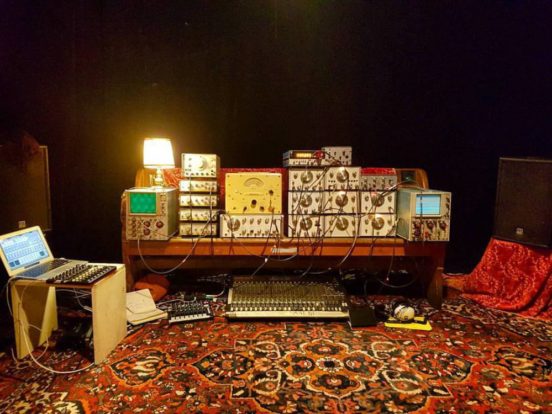
Sunday, 10 September 2017, 19:00
Biblioteq Mdulair is an orchestra made of some 15 analogue function generators for four hands played by Emma Souharce and Daniel Maszkowicz. With its oscilloscopes, sinusoidals, and frequency sweeps, Biblioteq Mdulair is a sound installation producing all kind of waveforms, exploring vibrations, tickling resonances, and creating breathing beats. Those primitive electronics machines bring the sound space down to a magma of waves for a dizzying acoustactile experience.
The Synkie is a modular open source analog video processor, developed by Michael Egger, Flo Kaufmann and Max Egger. Like the venerable modular Moog synthesizer it lets you toy around with the signal using patch cables – but this time not producing sound but images. It is an instrument for video, a playground, a platform to explore new ways to transform a video signal.
The public that will enter this intense and fascinating laboratory for sensorial experimentations will be brought down to various atmospheres, from a soft stroll to an earthquake.
Admission is free
Supported by Pro Helvetia, ERSTE Stiftung and Charles Stewart Mott Foundation:
Oleg Mavromatti. Lecture and film screening
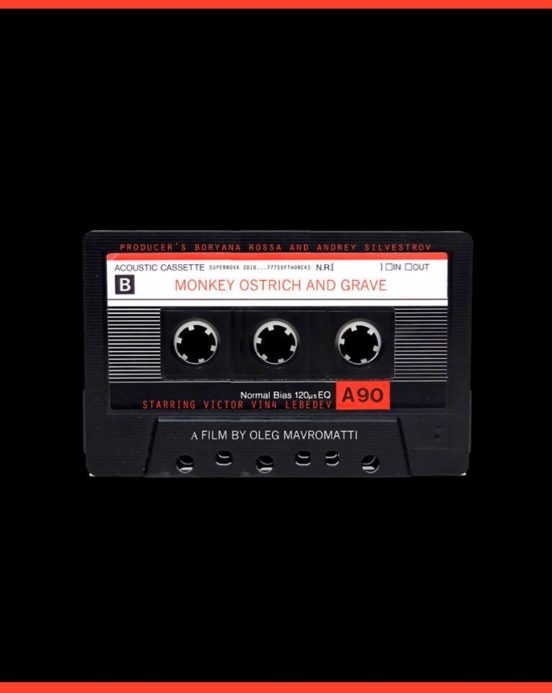
Wednesday, 16 August 2017, 19:00
Lecture by Oleg Mavromatti
Post-cinema. Theory and Practice
and pre premiere screening of his film
Monkey Ostrich and Grave
Artist and filmmaker Oleg Mavromatti will be talking about his films and his Post-cinema Manifesto written together with artist Boryana Rossa. The manifesto reflects their fascination by the YouTube culture, which gives unique opportunities for filmmaking, not known before. The manifesto explains how new technology and its social impact change the way we see and express the world through moving images. Mavromatti will illustrate his lecture with excerpts from his last film Monkey Ostrich and Grave (2017) and the earlier No Place for Fools (2015), which has already had international success and is created entirely off of YouTube videos. Mavromatti will relate these new films to his Bastards (2000) which is definitely a predecessor of the new ones, being some sort of prophecy of how media and society will develop in the new era of mobile Internet and vlogging.
Monkey Ostrich and Grave is the story of the video blogger Genadi Gorin of Lugansk (the capital of the new republic, which appeared during the Russian/Ukrainian war in 2014), whose life floats parallel to the horrific reality of the unfinished conflict. This is a film about the people, who live in places of endless wars – wars, forgotten by everybody: the world news, the politicians, and the human rights organizations. Many of them have no other option but to continue living together with these wars, desensitized to the destruction around them and constantly burying their own suffering in the sub-conscious. This hidden pain, one can’t get rid of, sublimates in intimate revelations to the online audience and in fantasies about revenge. Gorin expresses this in the variety of art genres – from comedy to horror, from drawings to magic. His story is thick of surprising tales and events that merge reality and dream.
Film by Oleg Mavromatti
Starring: Viktor Vin4 Lebedev
Script: Oleg Mavromatti
Cast: Anna Den, Egor Schimanko
Camera: Viktor Vin4 Lebedev
Editing: Oleg Mavromatti, Boryana Rossa
Based on the original YouTube blog by Genadi Gorin
Producers: Marat Gelman, Boryana Rossa, Andrey Silvestrov
A discussion with Oleg Mavromatti and Skype conversation with Viktor Vin4 Lebedev will take place after the screening.
Oleg Mavromatti is an artist, representative of Moscow Actionism, filmmaker, producer, and vlogger. He is under federal investigation in Russia for his artistic action Do Not Believe Your Eyes. He has been based in New York since 2012. He runs his own YouTube channel.
Admission is free.
Supported by: Rosa Luxemburg Stiftung in Ukraine
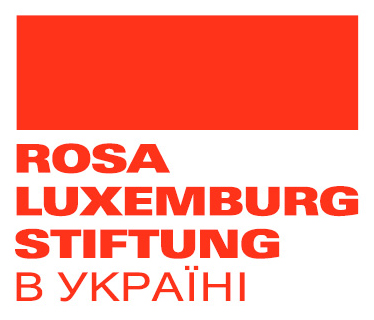
ERSTE Stiftung and Charles Stewart Mott Foundation
CUSTODIAL SETTINGS. Exhibition and discussion project
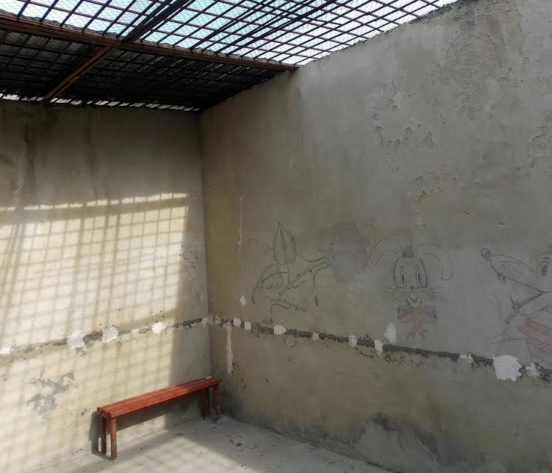
26 June – 9 July 2017
The opening will take place on the International Day in Support of Victims of Torture, June 26, at 19:00.
The exhibition will include documentary photography, video, and audio recordings, made by public monitors from National Preventive Mechanism and Ombudsman Office workers during their short-notice visits to custodial settings.
Restrictions of freedom are often used by the state as an instrument for punishment, rehabilitation, treatment, and care. The classified sites are not only colonies, detention centers, and prisons are, but also orphanages, certain medical facilities, military units, retirement homes, and even airport transit zones. The inequality between the mentors and the mentees seems natural to those who are on this side of the wall. We know almost nothing about the life “there,” as the detainees, who choose to complain about their living conditions, or about the way the penitentiary system workers treat them, can be punished even more severely.
In 1987, the Ukrainian SSR ratified the Convention against Torture and Other Cruel, Inhuman or Degrading Treatment or Punishment. In 2002 it was complemented by Optional Protocol, which required the establishment of a national preventive mechanism (NPM). Its key point was the introduction of regular systematic visits of custodial facilities by NPM monitors, to be carried out at short notice, presuming the right to document the observed. Hence, by being mandated to visit custodial settings, the NPM monitors mediate between lives “on this and the other side.”
Curators: Ruslana Koziienko, Natalka Neshevets
Design by Oksana Briukhovetska
The exhibition is open: Tue–Sun, 13:00–20:00. Monday – closed.
Discussions, lectures, and screenings will take place within the project. The program will be announced further.
On the 26th of June, at 14:00 the results of custodial settings monitoring in Ukraine will be presented at Visual Culture Research Center. The discussion about the situation with torture at such places will follow with participation of Kateryna Chumak (Head of NPM department at the Ombudsman Office), Maryna Homenyuk (NPM monitor, program coordinator at “Ukraine without Torture” NGO), Tetyana Pechonyk (NPM monitor, Head of Human Rights Information Centre board), Yevhen Levantsov (member of NPM department team at the Ombudsman Office).
Admission is free
Supported by: International Rennaissance Foundation within Human Rights and Justice program

ERSTE Stiftung and Charles Stewart Mott Foundation
Ukrainian Parliament Commissioner for Human Rights
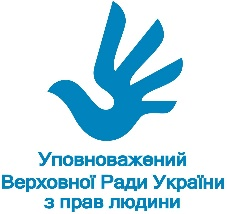
Organizers: Human Rights Information Centre, Expert Center for Human Rights, National Preventive Mechanism, and Visual Culture Research Center
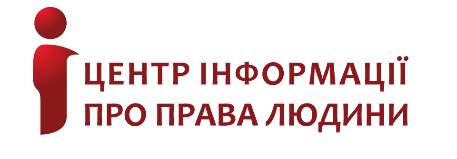
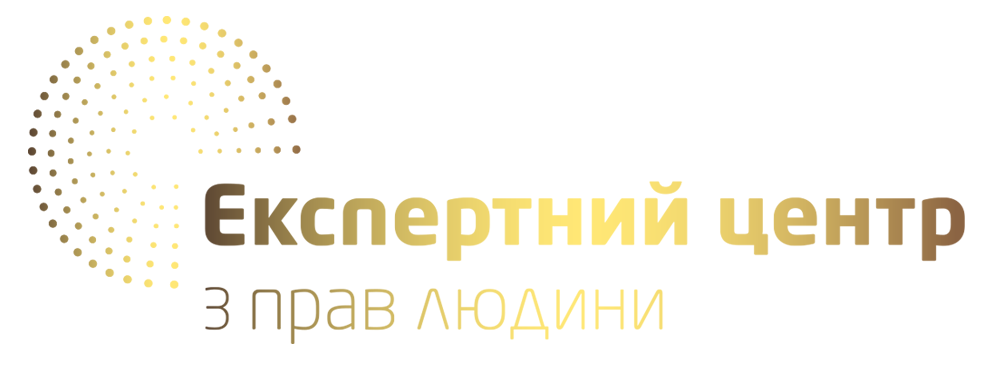
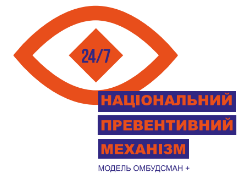
Media partners:
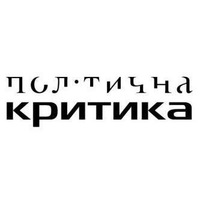
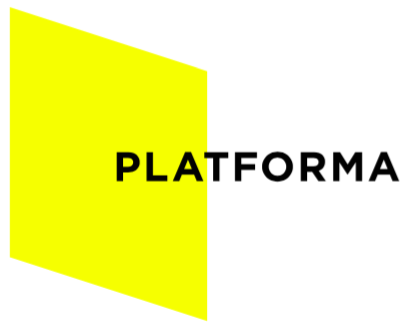
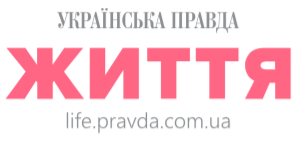
![]()
CUSTODIAL SETTINGS: Program of events
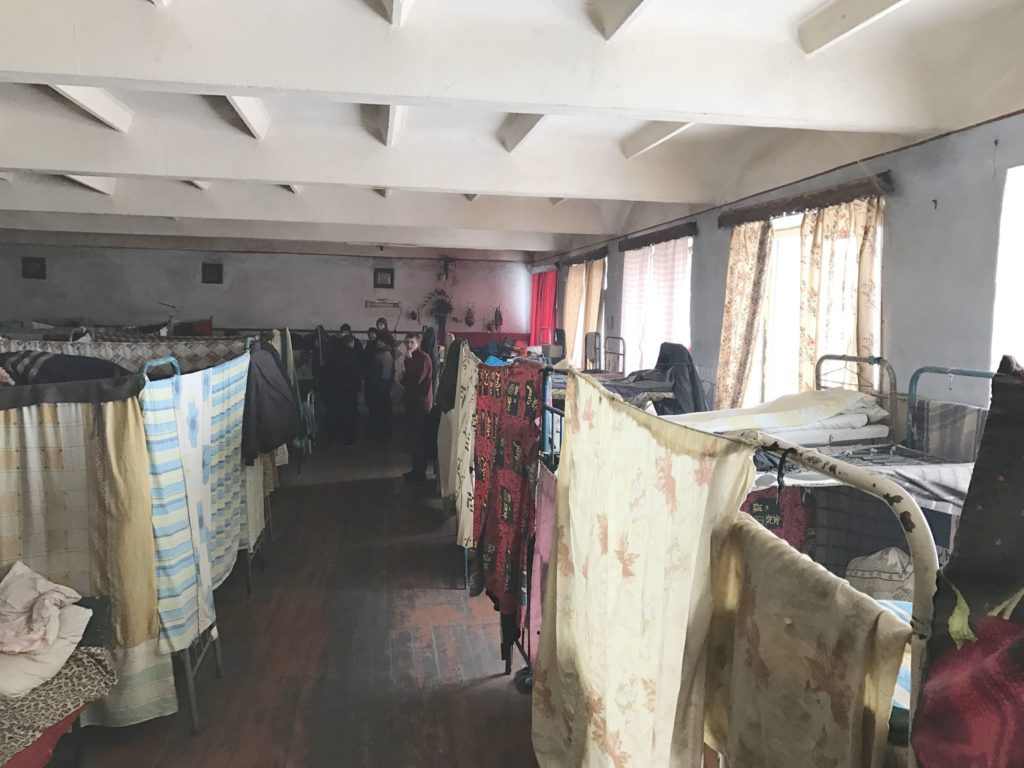
July 1, 19:00
Discussion: Penitentiary System in Ukraine: Principles, Mechanisms, Alternatives
According to experts, nearly 10 % of the convicted, who serve their sentence, are not guilty. They have practically no chance for a just post-conviction review. At the detention centers, correction centers, and prison colonies of minimum, medium, or maximum security levels, all those institutions we usually call “prison” or “jail,” the inhuman treatment of the detained and unpunished violence on part of the administration are very common. Consequently, being driven to despair, prisoners are ready to inflict injury on them, or even commit suicide, which is basically their only chance to draw our attention to inhuman detention conditions.
During the debate we will discuss the penitentiary system in Ukraine and principles of its work; whether there are alternatives to such approach around the world; a practical dimension of the problems, faced in custodial institutions; social stereotypes about former prisoners and criminals and role of the penitentiary system in this kind of stereotyping.
Participants:
Anastasia Ryabchuk, sociologist, post-doctoral research fellow at the Centre for Social Change, University of Johannesburg
Andriy Didenko, an expert at Kharkiv Human Rights Protection Group, a former prisoner. Oleksandr Fedoruk, penitentiary system expert at Association of Ukrainian Human Rights Monitors on Law Enforcement. Maksym Butkevych, coordinator of “No Borders” project at “Social Action Center” NGO.
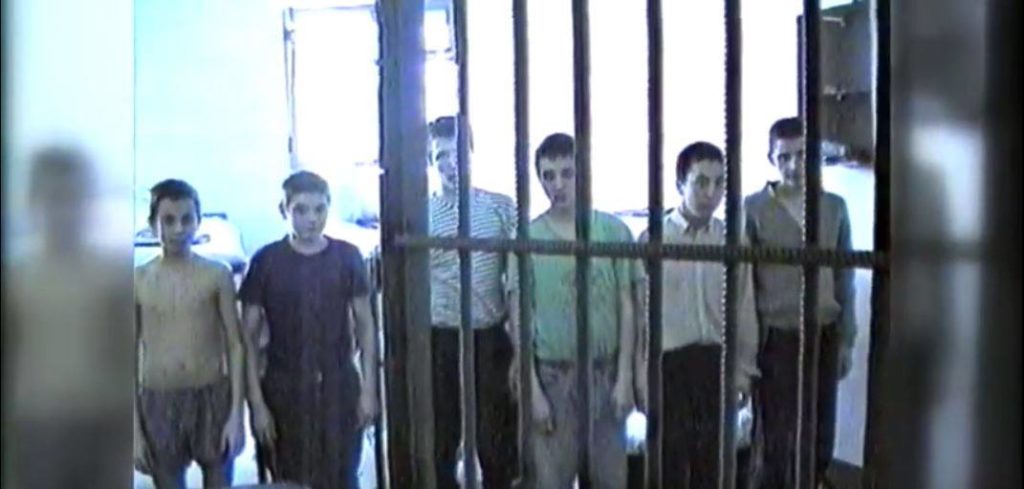
July 2, 19:00
EXPERIMENTUM CRUCIS. Film screening and discussion
Documentary film Experimentum Crucis tells a story of the everyday life at Kazakh juvenile prison. Cameraman and one of the film directors, Taras Popov, used to work as a psychiatrist at this prison in 1983–1995. High level of credibility between the protagonists and the author gives the opportunity to see the establishment, order, and relationships within the colony, learn about life and death practices of its residents.
Experimentum Crucis, 1995, 52’
Directors: Taras Popov, Volodymyr Tyulkin
Country: Kazakhstan
The discussion will be focused on the issues in filming at closed institutions: what ethical questions and practical difficulties can arise before the film crew?
Participants:
Illya Gladshtein, co-founder and program director of the International Festival of Film and Urbanism “86.” Nataliya Mashtaler, documentary filmmaker.
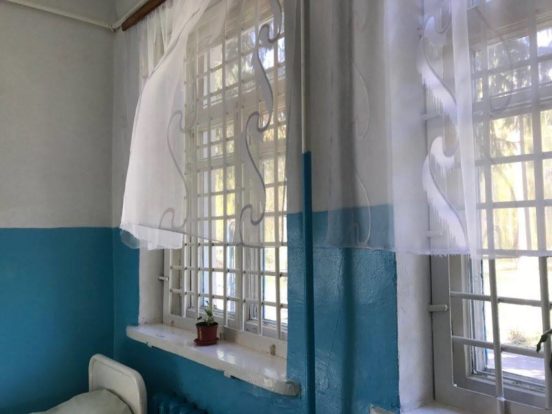
July 5, 19:00
Discussion: Psychiatric Delirium, or Every-Day Life at Psycho-Neurological Institutions
The structure of space – grating, bad living conditions, restriction of private space to the size of the bed – makes psycho-neurological foster homes and mental health institutions similar to detention centers or correctional facilities. This is accompanied with the fact that residents of such institutions, who are considered to be disabled, cannot act as full-fledged subjects – use their pensions, dispose of their property, and even defend their own dignity. According to the law, they can complain about their living conditions, but in a very dubious way – through their custodian, who is usually the head of the mental institution itself. It seems that the main function of psychiatric asylums is to isolate their residents, as the latter ones live in prison conditions.
Participants:
Larysa Samsonova, NPM monitor, head of the “Rodyna” fund board. Olena Tsarenko, television journalist, social manager at the Coalition for the Protection of the Rights of Persons with Disabilities and Intellectual Disabilities. Volodymyr Shurduk, psychiatrist, forensic psychiatric medicine expert, chief consultant at the Ukrainian Parliament Commissioner for Human Rights office.
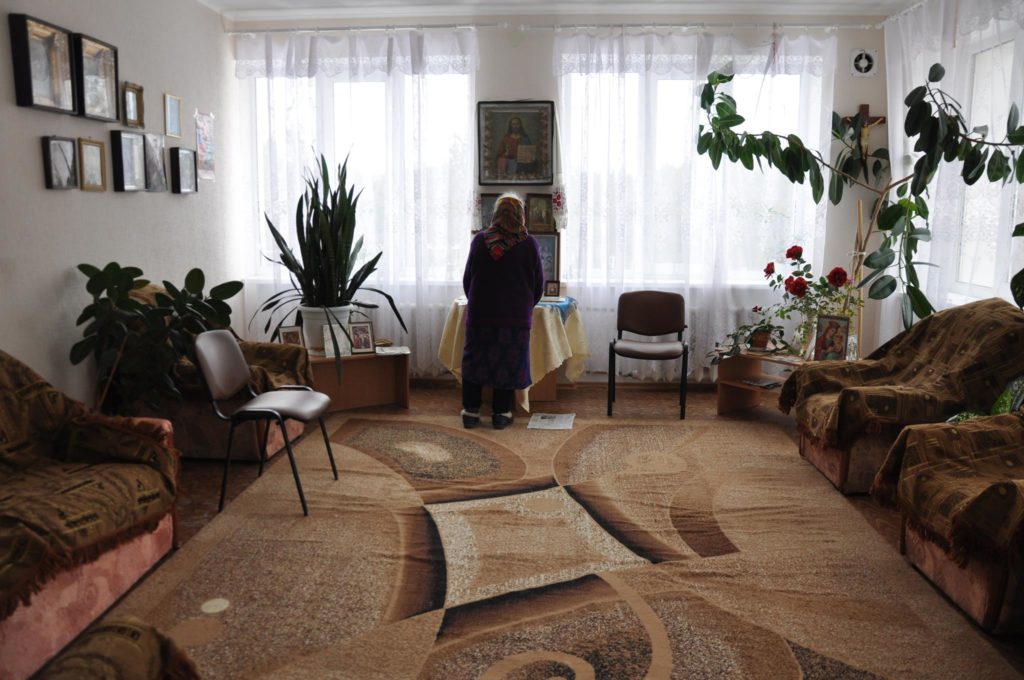
July 7, 19:00
Discussion: From Baby to Adult: Whom is Social Care Being Oriented to?
Such basic things as public transport, comfortable public space, subsidized loans etc., remain the privilege of capable and employable individuals. Vulnerable populations, such as the elderly, the disabled, orphan children, can only hope for charity. As we know, foster homes receive much more attention and help from benefactors. At the same time, geriatric homes, nursing homes for the elderly and the disabled, as well as hospices are left out of public attention.
The purpose of the discussion is to draw attention, discuss and understand what a concrete person or organization can do to ensure the rights of such institutions’ residents and improve their living conditions. As well as talk about the phenomenon of aging in Ukraine and in the world.
Participants:
Maryna Homenyuk, NPM monitor, program coordinator at “Ukraine without Torture” NGO. Maryna Maslova, researcher of the quality of life in later years, head of EXECUTIVE MBA at Kyiv-Mohyla Business School.
Olena Temchenko, deputy director of the NPM department at the Ukrainian Parliament Commissioner for Human Rights office
Oksana Dutchak, sociologist, a Ph.D. candidate at the Department of Sociology at Igor Sikorskyi Kyiv Polytechnic Institute, a researcher at the Center for Social and Labor Research.
The Custodial Settings exhibition is open at Visual Culture Research Center untill the 9th of July. It includes documentary photography, video, and audio recordings, made by public monitors from National Preventive Mechanism and Ombudsman Office workers during their short-notice visits to custodial settings.
Curated by Ruslana Koziienko, Natalka Neshevets.
Design by Oksana Briukhovetska.
The exhibition is open: Tue–Sun, 13:00–20:00. Monday – closed.
Admission is free
Supported by: International Rennaissance Foundation within Human Rights and Justice program

ERSTE Stiftung and Charles Stewart Mott Foundation
Ukrainian Parliament Commissioner for Human Rights

Organizers: Human Rights Information Centre, Expert Center for Human Rights, National Preventive Mechanism, and Visual Culture Research Center



Media partners:



![]()

